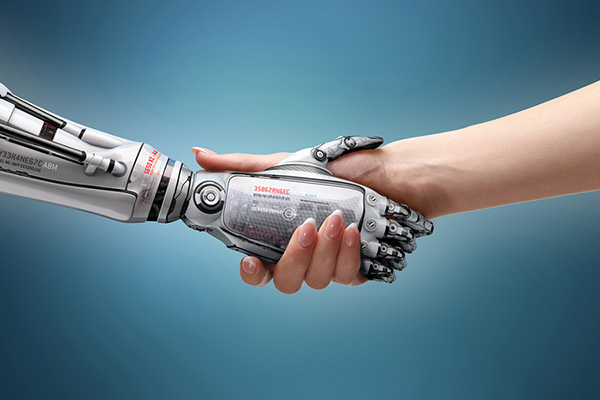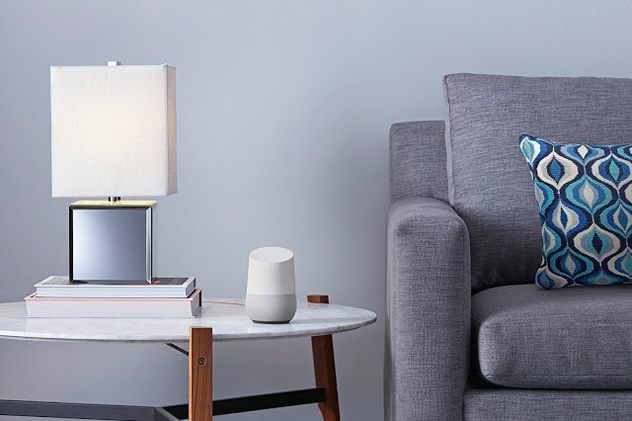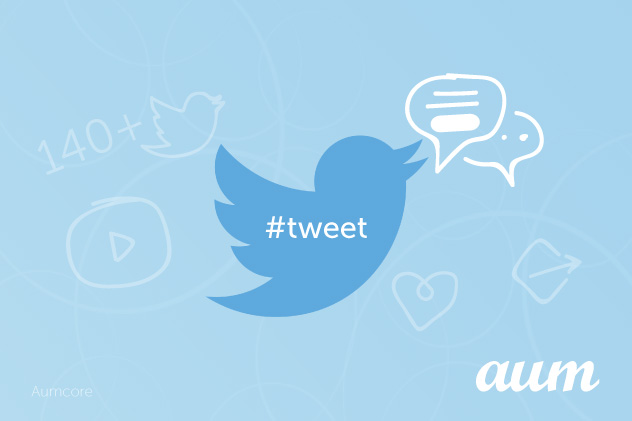Automated living takes a step forward towards the future with the world tech giant Google’s latest project: Google Home.
In today’s rising demand for smart technology, the future is truly now – and what seemed like a space dream is fastly becoming a reality from driverless cars and artificial intelligence to the latest developments in smart home technology. The Google Home will join the league of one of many advancements contributing to this next generation, which can truly be named the era of smart technology.
What is Google Home
Giving Amazon’s Echo (Alexa) a run for the money, Google has announced the launch of its own automated smart system, Google Home.
Google has taken its mission, “to organize the world’s information and make it universally accessible and useful” one step further in pursuit of focusing on users and everyday experiences.
The speaker-like accessory is a voice-recognition, intelligent home device not so far from AI itself. The digital home “assistant” may in fact be the most helpful being in the house – able to alert you if your flight has been delayed, play your favorite TV station, or switch on the lights with a simple command.
Backed by the world’s dominating search engine, the Home has limitless information at its fingertips, and is programmed for conversational dialogue making commands naturally thought-free, flowing seamlessly into consumer’s lifestyles.
Top Competitor: Amazon Echo
Shaking in their digital boots, the Amazon Echo (Alexa) has some well-placed eyes on Google as its primary competitor.
Similar to the Google Home, the Amazon Echo is a smart home device, able to play music, set timers, control lights, and more. Amazon’s strategy to offer their technology for free to parallel enterprises (including Samsung, Philips, Wemo, and more) has been a smart move so far with multiple technologies supporting Alexa’s AI from vehicle remote start to thermostat control.

Google however, hasn’t given Amazon a hint of intimidation. With deeper roots in global information and a more conversational interface, Google is making every effort to launch a step ahead of the Echo, including making some advantageous partnerships with parallel enterprises of their own.
Not to mention – Google’s large expanse of their own line of smart devices from Chrome Cast to the leading intelligent thermostat, Nest – there will be endless functions Google Home will have the power to control.
The Rise of the “Smart” Era and What to Expect
Along with the rise of the smart technology era comes many changes in this generation’s lifestyle. AI is becoming so smart, in many ways it has already surpassed the human’s ability to dissect many elements of our world.
Google search engine can really be looked at as an AI itself – and the information there is more than any human mind could digest. With the world’s leading technologists and developers working around the clock, it’s not hard to imagine the days of smart technology surpassing humans in a spectrum of levels.
Now with the ability to navigate space and air with drone technology, support critical medical operations, drive your car, read your emotions, and now turn on your lights – the next several years hold an exciting time of changes without a doubt.

“Machine learning and AI are changing not only computing, but also the way in which we tackle problems we’ve never been able to solve before. The opportunities are even greater when we harness the powers of open-source tools to make them available to the broader developer and researcher community. Imagine what we could do if we work together and use these technologies to tackle challenges in climate change, health care or education. As our machine learning and AI capabilities get smarter and more versatile, these possibilities are starting to appear on the horizon. These are very exciting times indeed.” – Sundar Pichai, CEO, Google
Google Home, we’re ready for you – but are we ready for a world of AI on the horizon?





Tell us your thoughts in the comments